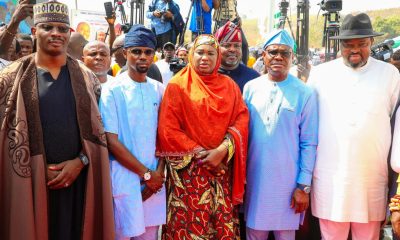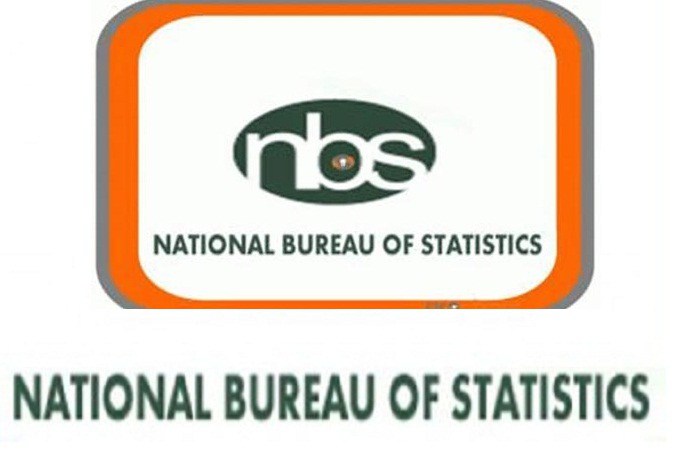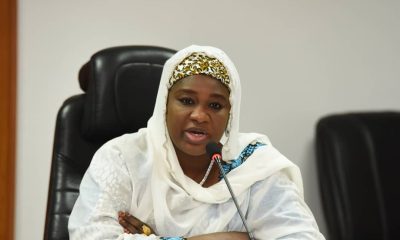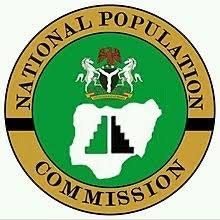Agriculture
NBS set to conduct agricultural census – Minister
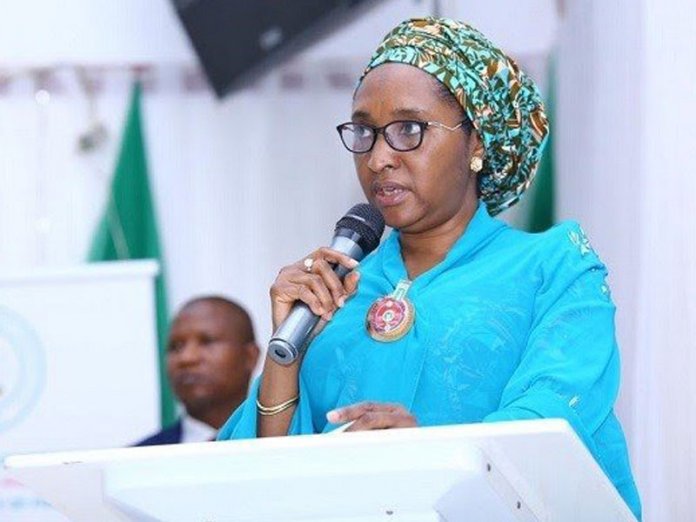
As the National Bureau of Statistics (NBS) sets to conduct the National Agricultural Sample Census (NASC) after 28 years, Mrs Zainab Ahmed, Minister of Finance, Budget and National Planning, says it is long overdue.
She spoke on Thursday in Abuja while declaring open a stakeholders’ sensitisation workshop on the importance of the census.
Ahmed said that the agricultural sector was one of the most important in Nigeria as it represents approximately 24 per cent of the economy and engages well over 50 per cent of the workforce, both directly and indirectly.
According to her, the sector is not only vital for economic output and employment purposes but more importantly, is an essential part of the societal culture.
“The importance of this sector, more than ever before, has been demonstrated by the administration of President Muhammadu Buhari, through the heavy investments channelled into it since 2015.
“These investments aim to increase output in the entire value chain to meet the nation’s demand for food, employment and export earnings.
“It is as a result of government’s heavy investment and attention to this sector that during the recession brought in by the Covid-19 pandemic and the security challenges being encountered in some parts of the country, the sector consistently recorded positive Gross Domestic Product (GDP) numbers.”
Ahmed, however, said that despite the positive results achieved in the sector, a lot more remains to be done as Nigeria’s population continues to increase exponentially, adding that food supply must meet the demand of the growing population.
She also said that the aspirations for a self-sufficient agricultural sector could not be achieved without the use of adequate and reliable statistics.
This, she said, was because the success of policies, plans and programmes could only be achieved with the right data underpinning them, hence the high premium the Federal Government places on quality data.
Mr Simon Harry, the Statistician-General of the Federation, said that agriculture was an essential activity with significant economic and social benefits to the nation.
“It is therefore pertinent that adequate, timely and reliable statistics on the sector are readily available for policy formulation, planning, monitoring and evaluation of the progress of programmes and projects.
“Thus, the NASC is designed to produce vital primary data on the structural composition and operations of the sector.
“On completion of the census, the result will also form a statistical framework for the conduct of subsequent agriculture surveys in Nigeria.”
Mr Godwin Emefiele, Governor of the Central Bank of Nigeria (CBN), said that the census was appropriately timed.
He said that data on various commodities would assist the bank in its policy formulation processes and assessment of the impact of its interventions in the sector, financed households and firms.
Represented by Mr Olabintan Adebowale, Emefiele said that the bank had introduced various programmes and schemes to create an ecosystem that ensures the supply of affordable and sustainable finance to various nodes of the sector’s value chain.
According to him, the programmes, which have recorded huge successes, have also helped reduce the nation’s food import bill from 3.40 billion dollars as of 2014 to about 0.59 billion dollars, representing a decline of over 80 per cent.
Mr Pier Mantovani, Engagement Leader for Sustainable Development at the World Bank, said that regular agricultural census was a critical component of national statistical systems.
He said that this was especially in a country like Nigeria that was dependent on agriculture and with so much of the labour force involved in agriculture.
Mantovani said that such exercise was the foundation for fully understanding the state of the agricultural sector to identify better policies to improve productivity and to improve the well-being of the many people whose livelihood depends on agriculture.
“As we know, sadly, Nigeria has been deprived of an agricultural census for almost 30 years and so has lacked or has suffered from a gap of precious information and knowledge to understand this critical sector to drive, to incentivise, to encourage and to develop it.
“So, today, the World Bank is proud to support the NBS and the government in finally ending this extended drought of key information through the implementation of the NASC.”
Mr Clem Agba, the Minister of State, Budget and National Planning, said that the census would be a complete integration of all agricultural activities within the country.
He also said that the NBS was working in collaboration with the World Bank and the Food and Agriculture Organisation (FAO) to come up with a comprehensive design and strategy for the conduct of the exercise.
“To this end, a clearly defined timeline has been developed, covering all aspects and distances from the planning stage and the dissemination of results. In addition, a comprehensive communication strategy has been developed.
“This enumeration includes smallholder farmers and large corporations, the smallholder farmers will be canvassed through households while the corporate farmers will be done through the establishment process.
“The scope of information to be collected in this phase include demographic details of the holders, type of agricultural activity, crop production, fishery, poultry, livestock, type of produce and product.”
He added that all the information received would then be processed to form the final output of the census and be presented in the latter part of 2022.
The News Agency of Nigeria (NAN) reports that the last successful NASC was conducted in 1993 while the one conducted in 2014 was declared inconclusive.
However, the FAO recommends that each round of agricultural census should cover 10 years. (NAN)
Agriculture
Fintiri Unleashes N2bn Boost for Farmers as Adamawa Rolls Out 2025 Agricultural Support Programme
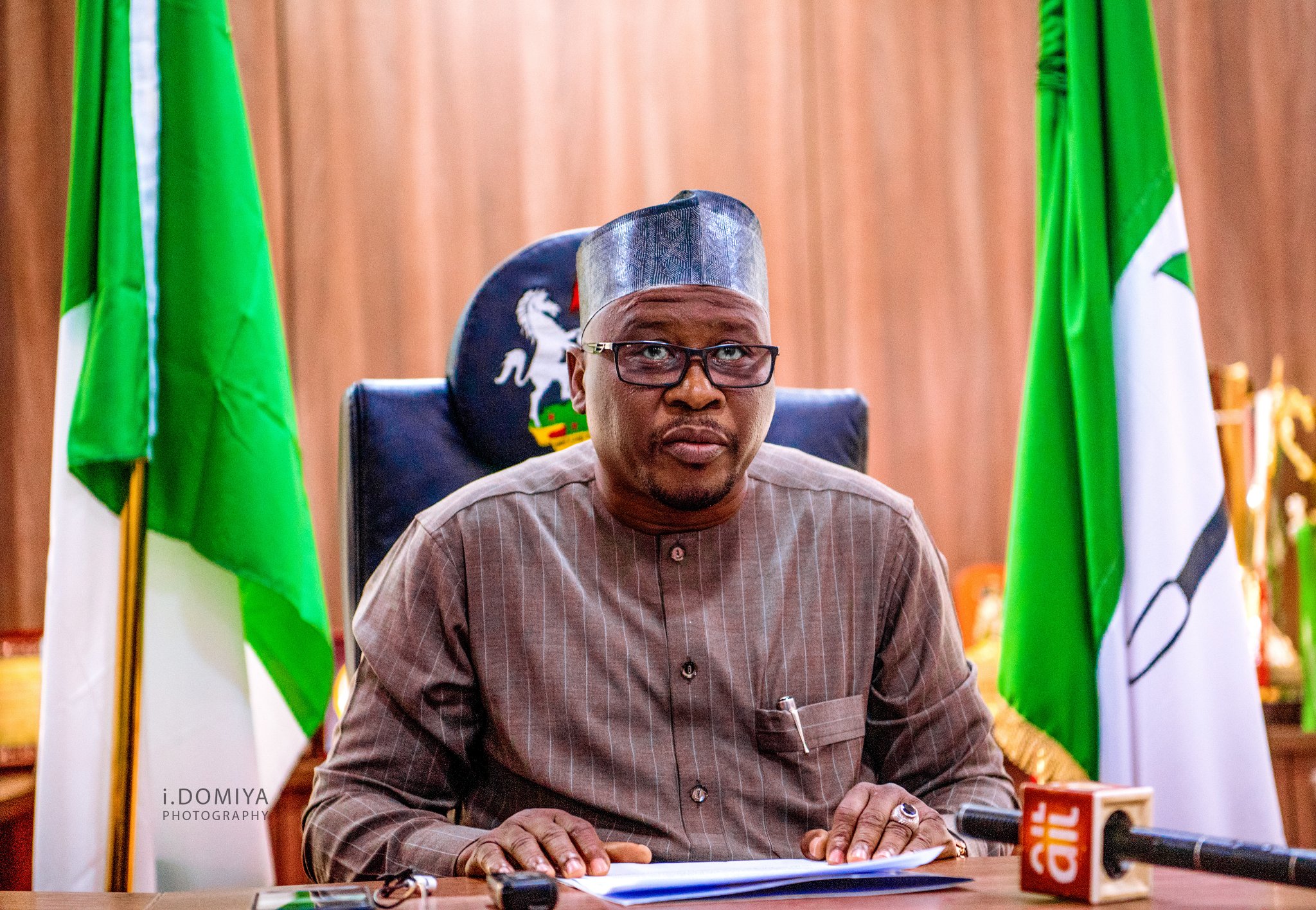
The Adamawa State Government has launched the 2025 Agricultural Support Programme aimed at empowering smallholder farmers and enhancing food security across the state.
Commissioner for Agriculture, Prof. David Jatau, disclosed this on Friday while briefing journalists in Yola. He revealed that Governor Ahmadu Umaru Fintiri had approved a substantial N2 billion for the initiative, which targets increased agricultural productivity in the upcoming farming season.
According to Jatau, the programme—which is already underway—will provide subsidised agricultural inputs such as fertilisers, improved seeds, and other essential materials to farmers in six local government areas.
“The programme has already commenced in six LGAs—Madagali, Michika, Hong, Maiha, Demsa, and Ganye,” he said. “By next year, during the rainy season, we will extend the programme to the remaining LGAs.”
He explained that 300 hectares of farmland would be cultivated in each of the participating local governments, with 300 farmers benefitting per council.
To ensure fairness and transparency, Jatau said a multi-stakeholder committee had been constituted to oversee the beneficiary selection process. The committee comprises representatives of traditional councils, local government authorities, security agencies, youth groups, and women organisations.
“We are also equipping extension workers with training to offer farmers guidance on modern agricultural techniques for improved yield,” he added.
The commissioner noted that the intervention would not only increase food production but also generate employment, improve rural incomes, and contribute to economic stability in farming communities.
Jatau also revealed that the state government is collaborating with non-governmental organisations and agricultural development bodies, with over 2,700 hectares of farmland pledged by development partners for cultivation.
He reaffirmed the Fintiri administration’s commitment to achieving food self-sufficiency and urged beneficiaries to make the most of the programme.
Agriculture
KWASU Microfinance Bank disburses loan to farmers

The Kwara State University (KWASU) Microfinance Bank has provided loan facilities to farmer groups in and around Malete, Moro Local Government Area.
The Vice-Chancellor and Chairman of the Board of Trustees, KWASU Microfinance Bank, Prof. Jimoh Shaykh-Luqman, announced this while presenting offer letters to the farmers’ associations at a formal event held on the university campus.
Addressing the farmers, the Vice-Chancellor, represented by the Deputy Vice-Chancellor (Administration), Prof. Moshood Jimba, said the agricultural loan scheme aimed to support farmers in boosting food production and enhancing food sustainability.
“The loan is meant to support your farm operations, especially in the upcoming planting season,” he said.
Prof. Shaykh-Luqman reaffirmed KWASU’s commitment to its mantra of being a “University for Community Development,” leveraging its expertise and resources to initiate programmes that drive local development.
The Managing Director and Chief Executive Officer of KWASU Microfinance Bank, Alhaji Hakeem Hassan, noted that the agricultural loan scheme was piloted last year with 15 farmers as beneficiaries.
He added that the pilot scheme yielded positive results for both the farmers and the bank, as all beneficiaries successfully repaid their loans.
Following this success, he said, the scheme had been expanded to include more farmers under various farmers’ associations.
The News Agency of Nigeria (NAN) reports that the associations benefiting from the agricultural loan scheme include Alanu Agbelere Farmers Group, Agbedola Ketere Group, and Itesiwaju Agbe Group Omoni.
Others are Agbeloba Farmers Association (Malete Market), Agbeyewa Elemere Farmers Group, Agbe Olofeere Group, and Agbeloga Malete Farmers Group.
Speaking on behalf of the farmers, the Chairman of Agbeloba Farmers Association (Malete Market), Alhaji Mohammed Abdulrazaq, expressed gratitude to the university and the bank for their trust.
He pledged, on behalf of the beneficiaries, to utilise the loans effectively and ensure prompt repayment.
Agriculture
Kano Govt. implements N2.3bn livestock empowerment programme

The Kano State Government has begun implementing the second phase of its livestock empowerment programme valued at N2.3bn under the Kano State Agro-Pastoral Development Project (KSADP).
The Commissioner for Agriculture and Natural Resources, Dr Mamood Danjuma, disclosed this while addressing newsmen on Thursday in Kano.
Danjuma said the initiative aims to support beneficiaries with livestock, feeds, drugs, and salt lick to enhance their economic well-being.
According to him, 911 beneficiaries are being supported with two rams each, feed for three months, drugs and salt lick, while 2,386 women are being supported with two goats and a buck goat in the poorest households in the state.
He explained that the total package under the empowerment programme showed that 1,342 bulls were procured by the government at the cost of N560m, 1,822 rams were procured at the cost of N175m and 7,158 goats bought at the cost of N451m.
“Under the cattle scheme, each cattle gains 100kg over a period of 120 days. The fattening period is for 120 days, making three cycles possible in a year.
“As for the small ruminants fattening scheme, with the same 120-day fattening period yielding an extra 15kg/animal.
“The project promotes goats’ reproduction through women who will take care of the animals and sell the young ones to improve their income and standard of living,” he said.
He said that the programme promotes economic empowerment, particularly among women, by providing them with livestock to care for and sell, ultimately improving their income and standard of living.
-

 Headlines4 years ago
Headlines4 years agoFacebook, Instagram Temporarily Allow Posts on Ukraine War Calling for Violence Against Invading Russians or Putin’s Death
-

 Headlines4 years ago
Headlines4 years agoNigeria, Other West African Countries Facing Worst Food Crisis in 10 Years, Aid Groups Say
-

 Foreign4 years ago
Foreign4 years agoNew York Consulate installs machines for 10-year passport
-

 News1 year ago
News1 year agoZero Trust Architecture in a Remote World: Securing the New Normal
-

 Entertainment3 years ago
Entertainment3 years agoPhyna emerges winner of Big Brother Naija Season 7
-

 Headlines2 years ago
Headlines2 years agoNigeria Customs modernisation project to check extortion of traders
-

 Entertainment2 years ago
Entertainment2 years agoMovie download platform, Netnaija, announces closure
-

 Economy2 years ago
Economy2 years agoWe generated N30.2 bn revenue in three months – Kano NCS Comptroller



